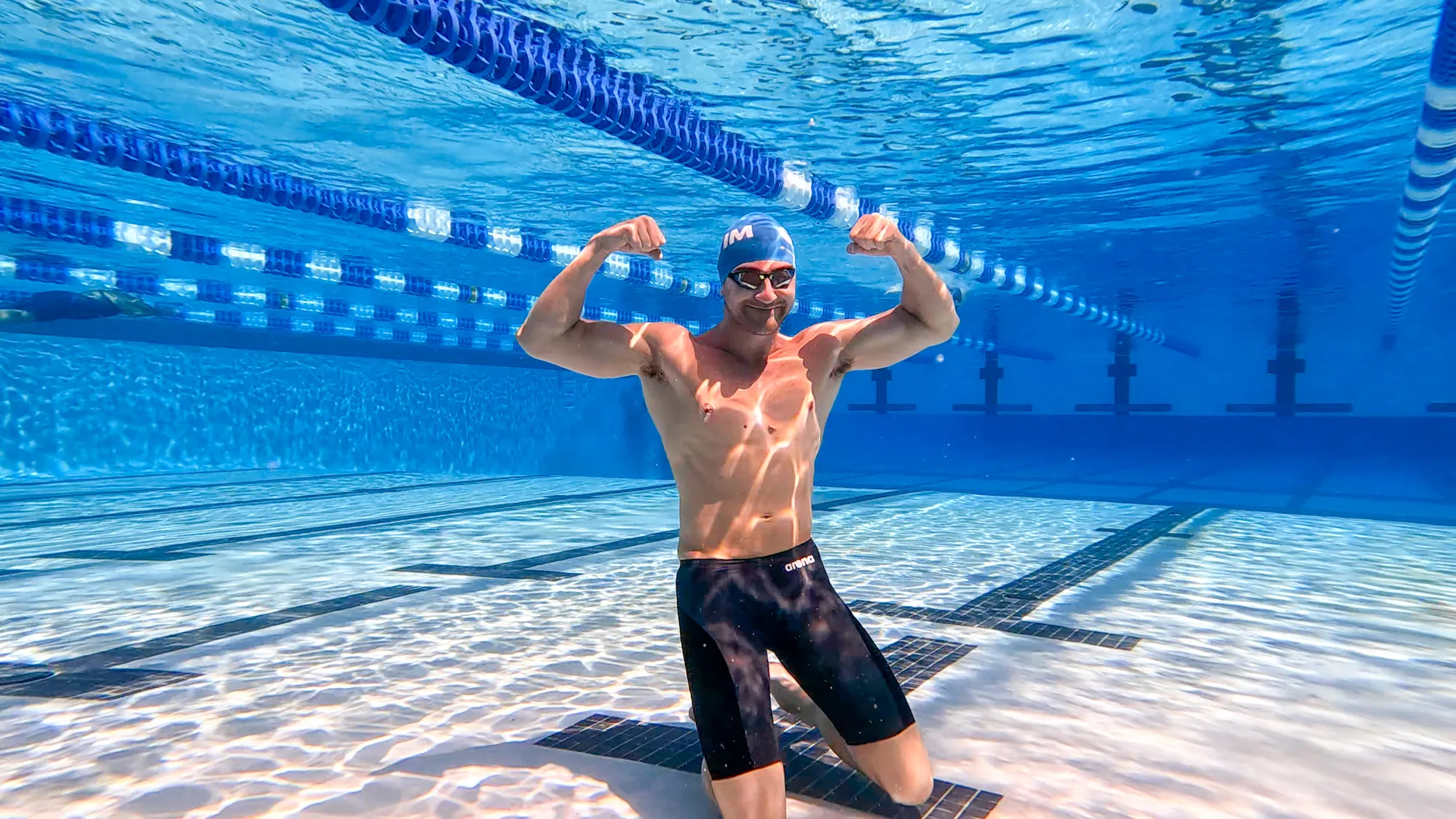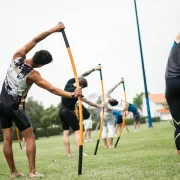The Transformative Power of Recreational Sports: How Play Shapes Health, Mind, and Community

In today’s fast-paced digital world, recreational sports have emerged as more than just a pastime — they are a vital force for physical health, mental balance, and social connection. From casual weekend soccer games to local tennis clubs and cycling groups, recreational sports bridge the gap between competitive athletics and everyday well-being. They invite people of all ages and backgrounds to move, connect, and rediscover the joy of play.
The Modern Revival of Recreational Sports
Over the past decade, recreational sports have seen a global resurgence. With the rise of sedentary lifestyles, fitness trackers, and wellness-focused culture, people are increasingly seeking activities that combine fun with fitness. Community-based leagues, park runs, yoga-in-the-park events, and amateur tournaments have become mainstream. Unlike professional sports, recreational play is inclusive — anyone can join, regardless of age, ability, or skill level.
This accessibility is part of what makes recreational sports transformative. They reintroduce movement as something to enjoy rather than endure, turning exercise into a social and emotional experience rather than a solitary chore.
Physical Benefits Beyond Fitness
It’s no surprise that recreational sports contribute greatly to physical health. Engaging in moderate physical activity two to three times per week can lower the risk of chronic diseases such as heart disease, diabetes, and obesity. Sports that emphasize endurance — like swimming, cycling, and running — improve cardiovascular fitness, while activities like basketball, volleyball, or tennis enhance coordination, agility, and muscle tone.
Unlike gym workouts, recreational sports often involve varied and dynamic movement. This variety challenges multiple muscle groups and reduces the risk of overuse injuries. Even low-impact options like hiking or kayaking provide a full-body workout that strengthens the core and improves posture.
The health advantages also extend to longevity. Studies consistently show that individuals who participate in regular recreational sports live longer and maintain greater mobility in later years. Simply put, staying active through enjoyable play can add both years to your life and life to your years.

Mental and Emotional Rewards
Beyond the physical, recreational sports deliver powerful mental health benefits. Regular participation has been linked to reduced stress, anxiety, and depression. Exercise releases endorphins — the body’s natural mood elevators — while also improving sleep quality and energy levels.
But the mental impact goes deeper. Sports provide an outlet for emotional release and mindfulness. When you’re focused on a game, trail, or ball, you naturally detach from daily worries. The rhythmic movement of running, the teamwork in basketball, or the concentration in golf can all induce a state of “flow,” where time seems to disappear, and your mind feels completely engaged.
Moreover, recreational sports encourage resilience. Learning to lose gracefully, to persist through fatigue, or to collaborate with teammates fosters emotional maturity and confidence. These are life skills that extend far beyond the playing field.
Social Connection and Community Building
One of the most profound effects of recreational sports lies in their ability to build community. In a world where loneliness and digital isolation are rising concerns, sports create real, face-to-face connections. Whether it’s a local soccer team, a running group, or a weekly badminton club, these activities nurture friendship, teamwork, and belonging.
Recreational leagues also dissolve social barriers. People from different professions, ages, and cultural backgrounds come together for a shared purpose — to play. The sense of camaraderie built through friendly competition often extends into other parts of life, supporting local social networks and even strengthening neighborhoods.
For children and teenagers, this social aspect is especially valuable. Participating in sports teaches cooperation, respect, and leadership. It helps young people develop social confidence, communication skills, and a sense of responsibility. Adults, too, benefit from rekindling that childlike spirit of teamwork and play.
The Role of Technology in Modern Recreation
While it may seem counterintuitive, technology has played a surprising role in promoting recreational sports. Mobile apps like Strava, Garmin Connect, and Nike Run Club have made it easier to track progress, set goals, and connect with like-minded athletes. Online communities allow people to share achievements, find local groups, and stay motivated.
Virtual sports, such as e-cycling platforms like Zwift or VR fitness games, have also opened new pathways for recreation, especially during bad weather or for people with mobility limitations. These innovations demonstrate how digital tools, when used mindfully, can enhance rather than replace physical recreation.
Accessibility and Inclusion: Sports for Everyone
One of the most exciting developments in recreational sports is the growing emphasis on inclusion. Adaptive sports programs now cater to individuals with disabilities, ensuring everyone has the chance to experience the joy of movement. Initiatives like wheelchair basketball, adaptive skiing, and para-swimming not only promote health but also challenge stereotypes about who can be an athlete.
In addition, cities are increasingly investing in public recreational spaces — from walking trails and skate parks to multipurpose courts and open fields. These community assets make it easier for people to get involved without the financial burden of gym memberships or private clubs.
Environmental and Outdoor Recreation
Recreational sports also play a key role in reconnecting people with nature. Outdoor activities like hiking, mountain biking, kayaking, and rock climbing not only improve fitness but also foster environmental awareness. Spending time in nature reduces stress, enhances creativity, and nurtures an appreciation for conservation.
Adventure recreation, in particular, offers a unique psychological boost. Conquering a mountain trail or paddling across a lake cultivates courage, independence, and mindfulness. For many, outdoor sports become a form of meditation in motion — a way to reset the mind while appreciating the planet’s beauty.
Balancing Competition and Enjoyment
It’s important to remember that the spirit of recreational sport is rooted in enjoyment, not perfection. While competition can be motivating, the primary goal is participation and pleasure. Too much emphasis on performance can lead to burnout or anxiety — the opposite of recreation’s purpose.
Successful recreation programs balance challenge with fun. They promote personal progress without comparison, teamwork without rivalry, and health without obsession. In this way, recreational sports remind us that movement is a celebration, not a test.

Conclusion: The Power of Play in a Modern World
Recreational sports offer far more than physical exercise — they are a gateway to holistic health, happiness, and human connection. Whether you’re lacing up for a morning jog, joining a weekend league, or hiking with friends, each moment of play contributes to a richer, more balanced life.
In an age defined by screens and stress, the simple act of moving, laughing, and playing together has become revolutionary. Recreational sports remind us that we don’t just move to stay fit — we move to stay alive, engaged, and connected to the world around us.


